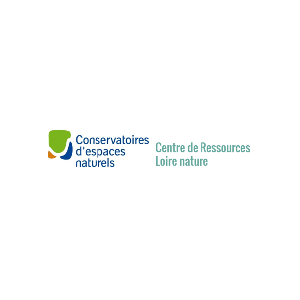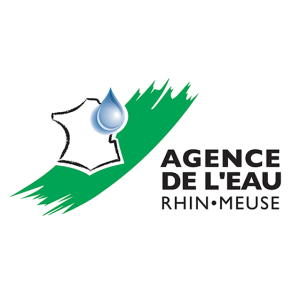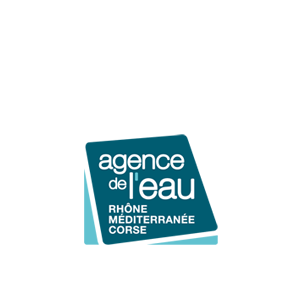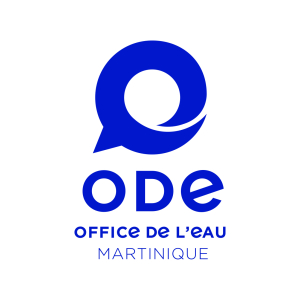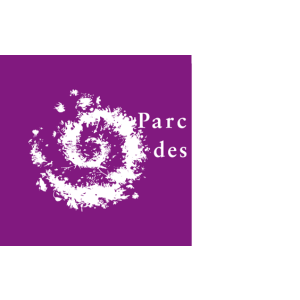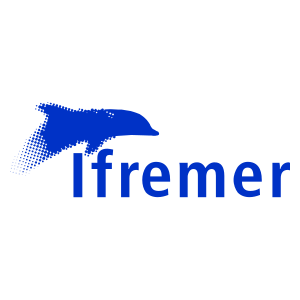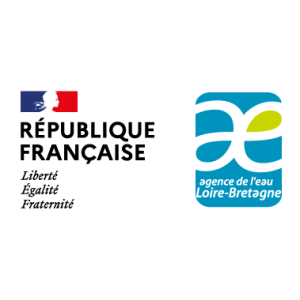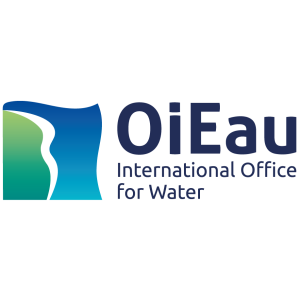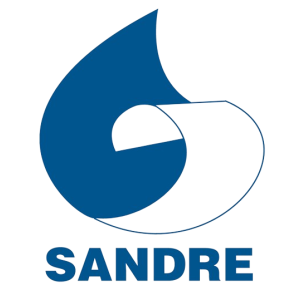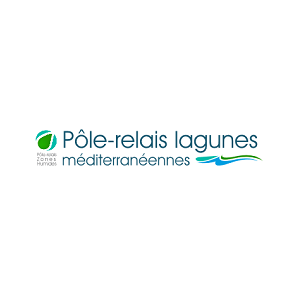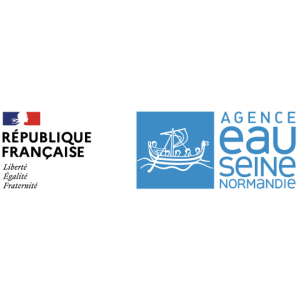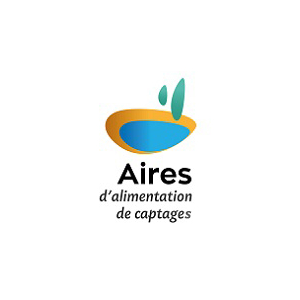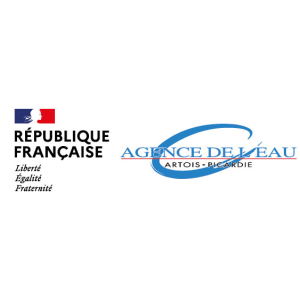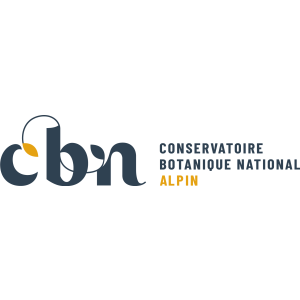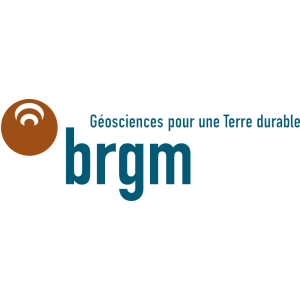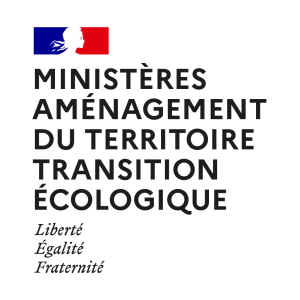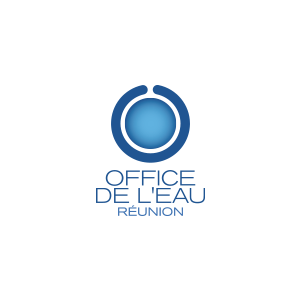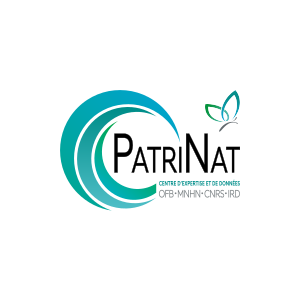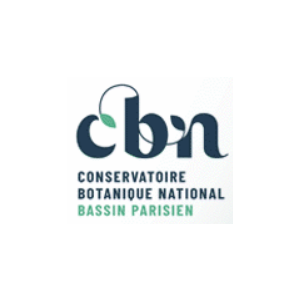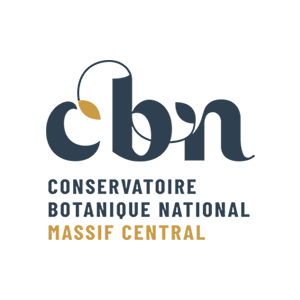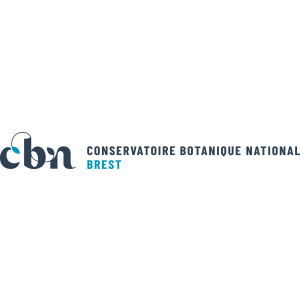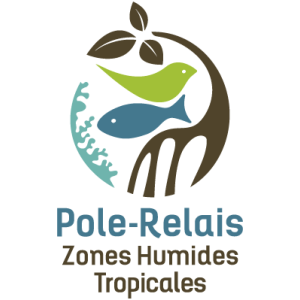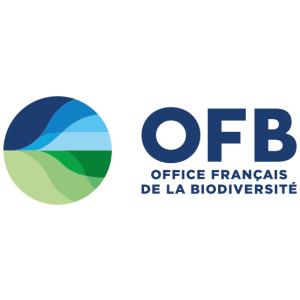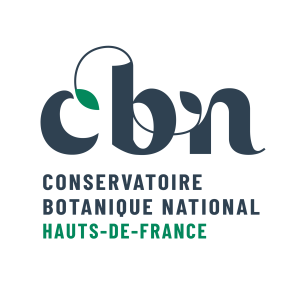
Document généré le 07/02/2026 depuis l'adresse: https://www.documentation.eauetbiodiversite.fr/fr/notice/les-facteurs-de-verdissement-de-l-huitre-en-claires-le-milieu-hydrobiologique-et-benthique-et-ses-variations
Les facteurs de verdissement de l'huître en claires : le milieu hydrobiologique et benthique et ses variations
Titre alternatif
Producteur
Contributeur(s)
Éditeur(s)
ISTPM
Identifiant documentaire
9-2982
Identifiant OAI
oai:archimer.ifremer.fr:2982
Auteur(s):
Moreau, Jean
Mots clés
Marennes Oléron
Navicula ostrearia
Pigment
Facteurs
Verdissement
Claire à huîtres
Date de publication
01/01/1968
Date de création
Date de modification
Date d'acceptation du document
Date de dépôt légal
Langue
fre
Thème
Type de ressource
Source
Rev. Trav. Inst. Pêches marit. (ISTPM), 1968 , Vol. 32 , N. 4 , P. 369-386
Droits de réutilisation
info:eu-repo/semantics/openAccess
Région
Département
Commune
Description
In a preliminary work (MOREAU, 1967), the importance of the role of pigments in fattening ponds and the part they played in the process of Navicula ostrearia B.'s pigmentation had been studied in fattening ponds situated at two different points of the Marennes-Oléron basin. The first of these fattening ponds were located in the Seudre Valley, at La Tremblade and at Eguillate, the second ones in the Daire area more widely fed by coastal waters and where the greening conditions of the fattening ponds are different from those observed in Seudre (figure 1 and table 1). 370 Dosing the potency of various chlorophylls had highlighted a noticeable constancy of chlorophyll B and, a variance for those of type A and C (table 2) which had made it possible to conclude that the pigmentation of N. ostrearia was due to a state of chlorosis from the deterioration of the photosynthetic pigments and consequently of the capability of photosynthesis. This research has since been directed towards the study of fattening ponds themselves: environmental conditions, and factors likely to change the characteristics of them and thus influence the phenomenon of greening.
Accès aux documents
0
Consultations
0
Téléchargements
